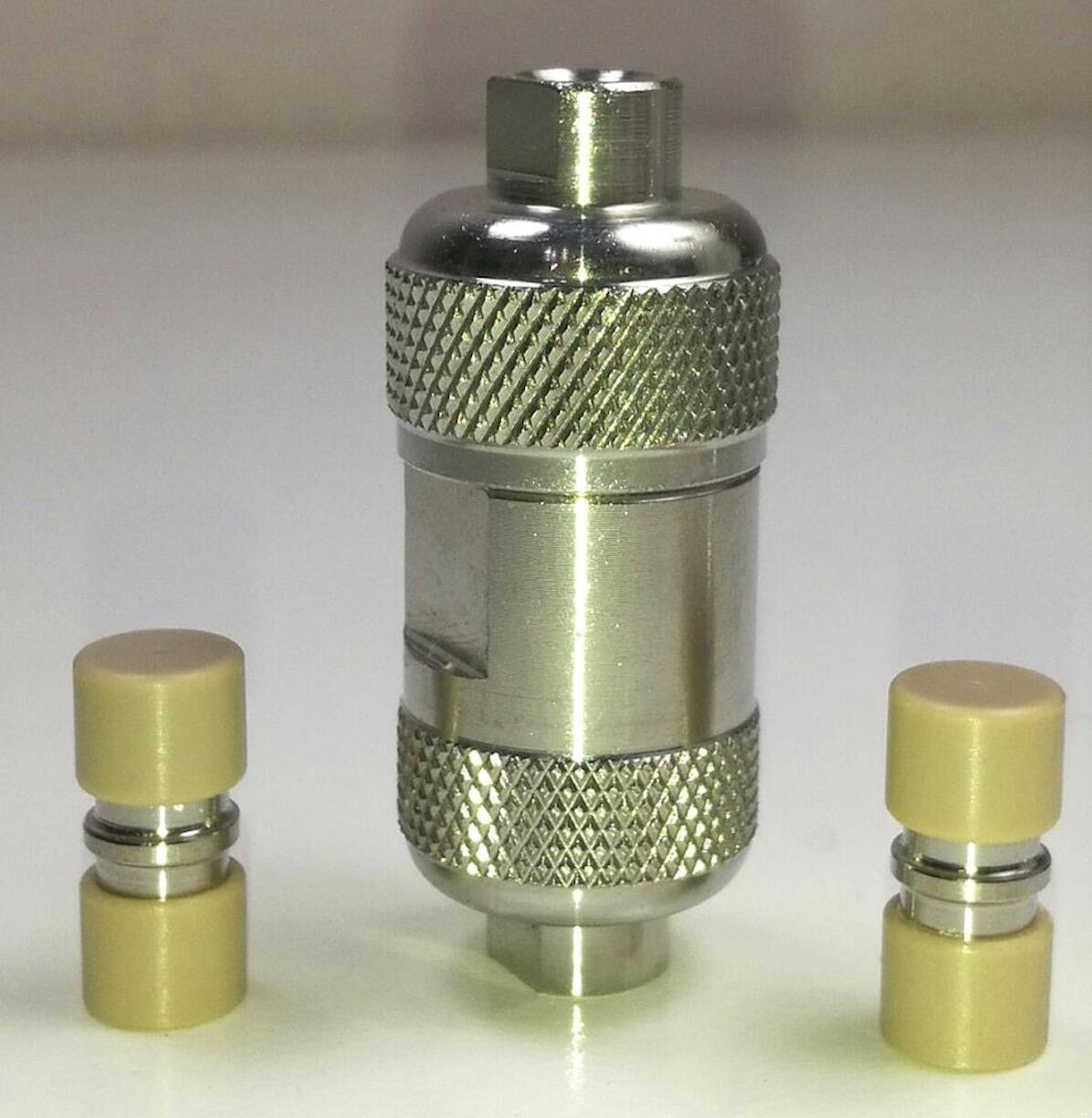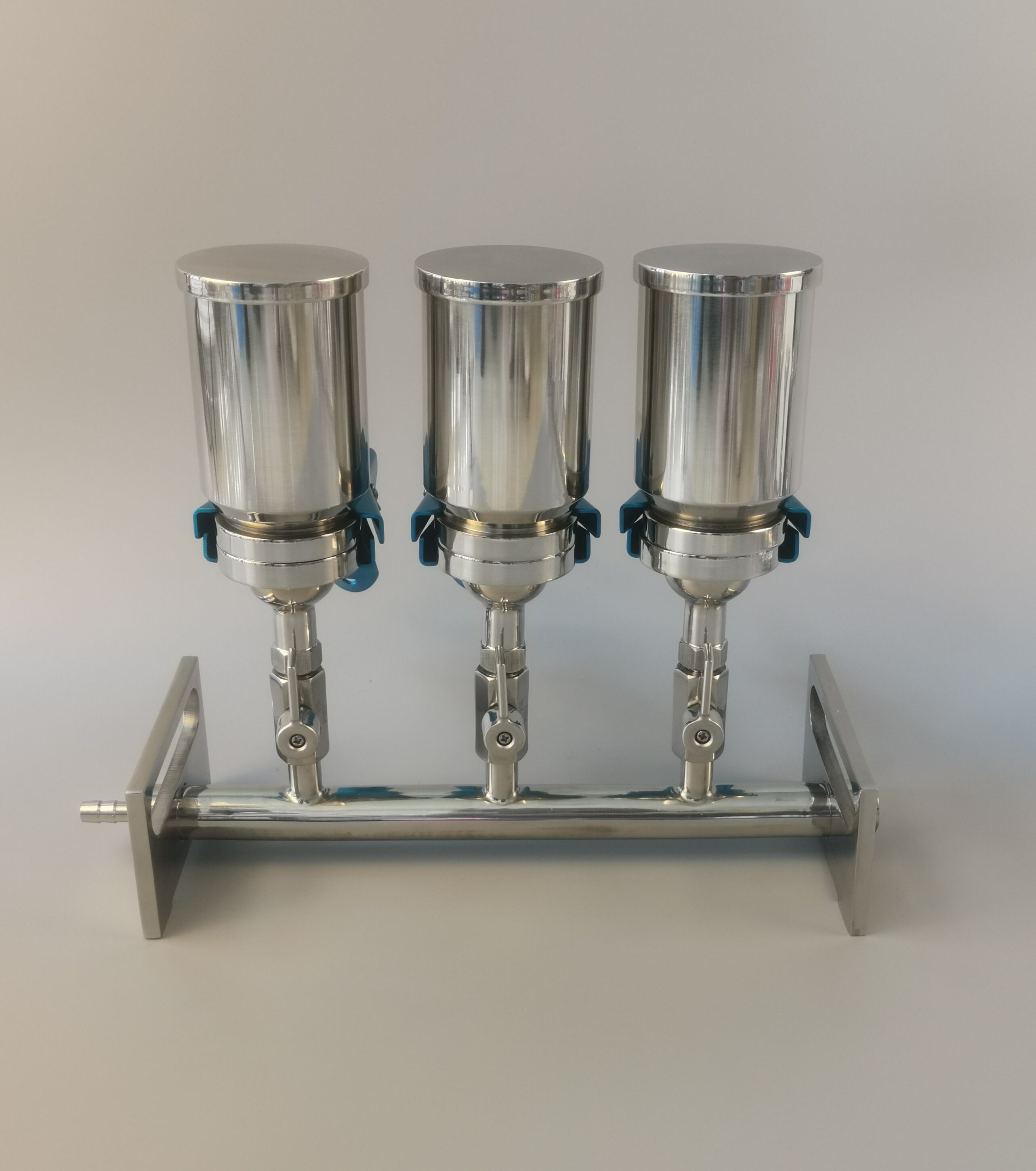syringe driven filters
Syringe driven filters are essential laboratory tools designed for efficient sample preparation and purification processes. These filtration devices consist of a membrane filter housed in a specially designed holder that attaches directly to a standard laboratory syringe. The working principle involves pushing the sample through the filter membrane using manual pressure applied to the syringe plunger, effectively removing particulates and contaminants from the solution. Available in various pore sizes ranging from 0.22 to 0.45 microns, these filters are specifically engineered to meet different analytical requirements. The filter membranes are typically constructed from materials such as nylon, PTFE, or cellulose acetate, each offering specific chemical compatibilities and applications. Modern syringe filters incorporate advanced features like low protein binding capabilities, high flow rates, and minimal sample retention, making them ideal for HPLC sample preparation, sterile filtration, and clarification of biological samples. The robust construction ensures reliable performance under varying pressure conditions, while the integrated Luer-Lock connections provide secure attachment to syringes and other laboratory equipment. These filters have become indispensable in pharmaceutical research, environmental analysis, and biotechnology applications, offering a convenient and reliable method for sample preparation and purification.

